For months after experts and major media outlets declared then-President-elect Joe Biden as the winner of the 2020 presidential election, then-President Donald Trump embarked on a smear campaign against the validity of American democracy.
Trump, amplified by his legal team and conservative media allies, filed frivolous lawsuits in a variety of swing states he lost, held mock hearings riddled with misinformation, and pressured local election officials to declare him the winner in their state
All of these efforts centered around what some have come to call the "Big Lie"—that Democrats worked with foreign countries and election software companies to orchestrate widespread voter fraud and deliver a false victory to Biden.
Few states endured a greater level of interference from Trump than Georgia, which went blue in the presidential election for the first time since 1992. In a private phone call, Trump pressured its Republican Secretary of State, Brad Raffensperger, to "find" the number of votes he needed to win the state.
Trump publicly berated its governor and election officials, prompting Georgia's Voting System Implementation Manager Gabriel Sterling—a lifelong Republican—to call on then-President Trump to call off the dogs, citing repeated death threats against election workers.
One failed insurrection and successful inauguration later, in March, the Georgia legislature passed S.B. 202—a voter suppression bill signed into law by Governor Brian Kemp late last month. The bill requires ID for all absentee ballots, limits the number of ballot drop boxes per county, effectively bans giving food or water to voters in long lines, and introduces a host of other restrictive measures.
Like Trump's misgivings about the 2020 election, the bill was introduced under the guise of "election security," but now Georgia's Lieutenant Governor Geoff Duncan, a Republican, admits the bill's momentum was the result of the Big Lie.
In an interview with CNN, Duncan said of S.B. 202:
"This is really the fallout from the 10 weeks of misinformation that flew in from former President Donald Trump. I went back over the weekend to really look at where this really started to gain momentum in the legislature, and it was when [Trump attorney] Rudy Giuliani showed up in a couple of committee rooms and spent hours spreading misinformation and sowing doubt across, you know, hours of testimony."
It was largely a confirmation of what had long been speculated.
The deeply consequential new law was based on lies.
Duncan's words came around the same time he announced he wouldn't seek reelection for Lieutenant Governor.

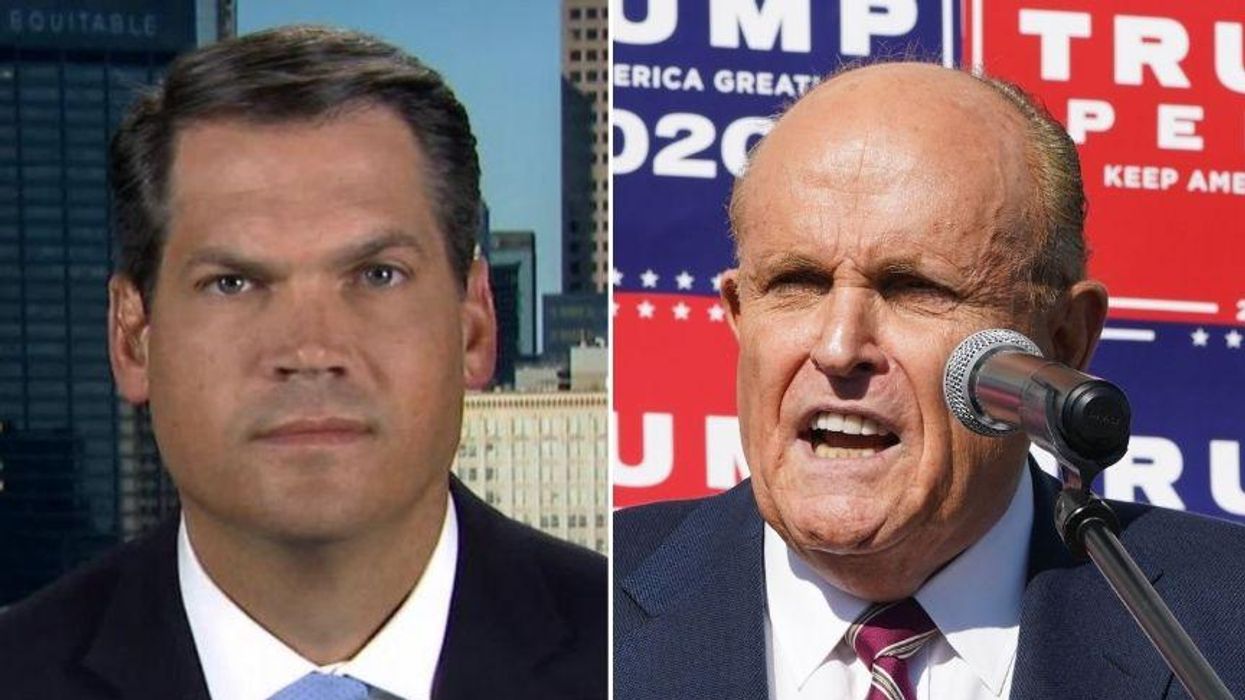

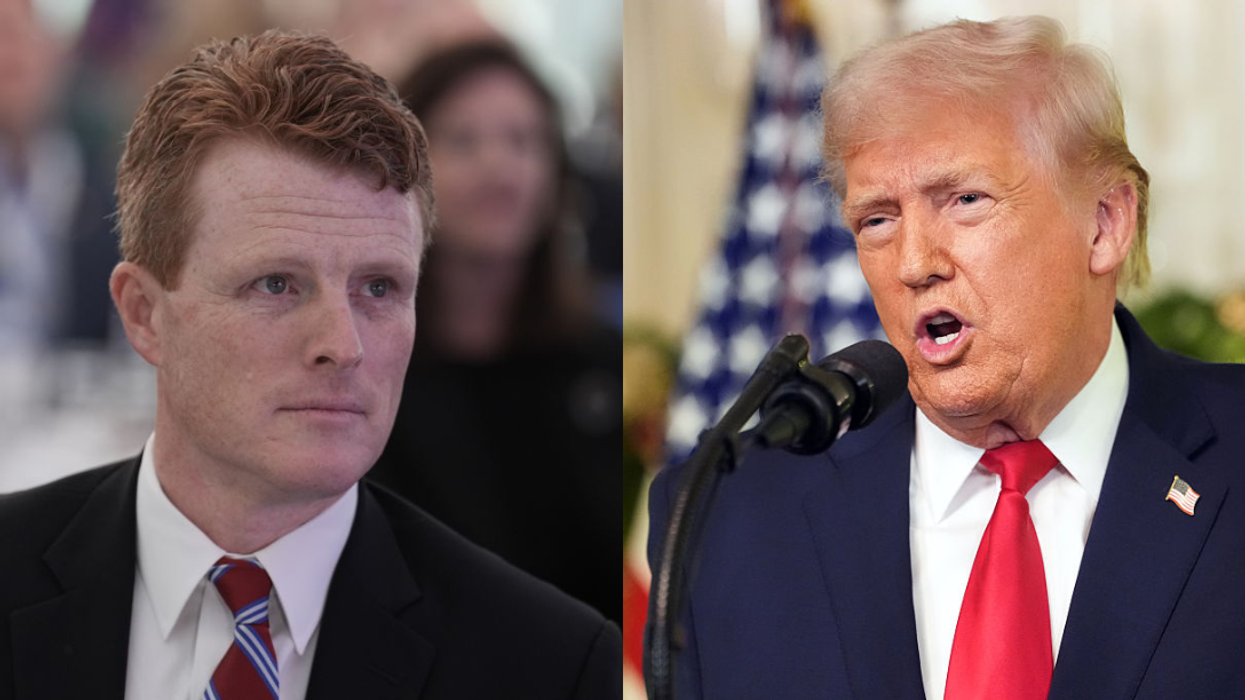
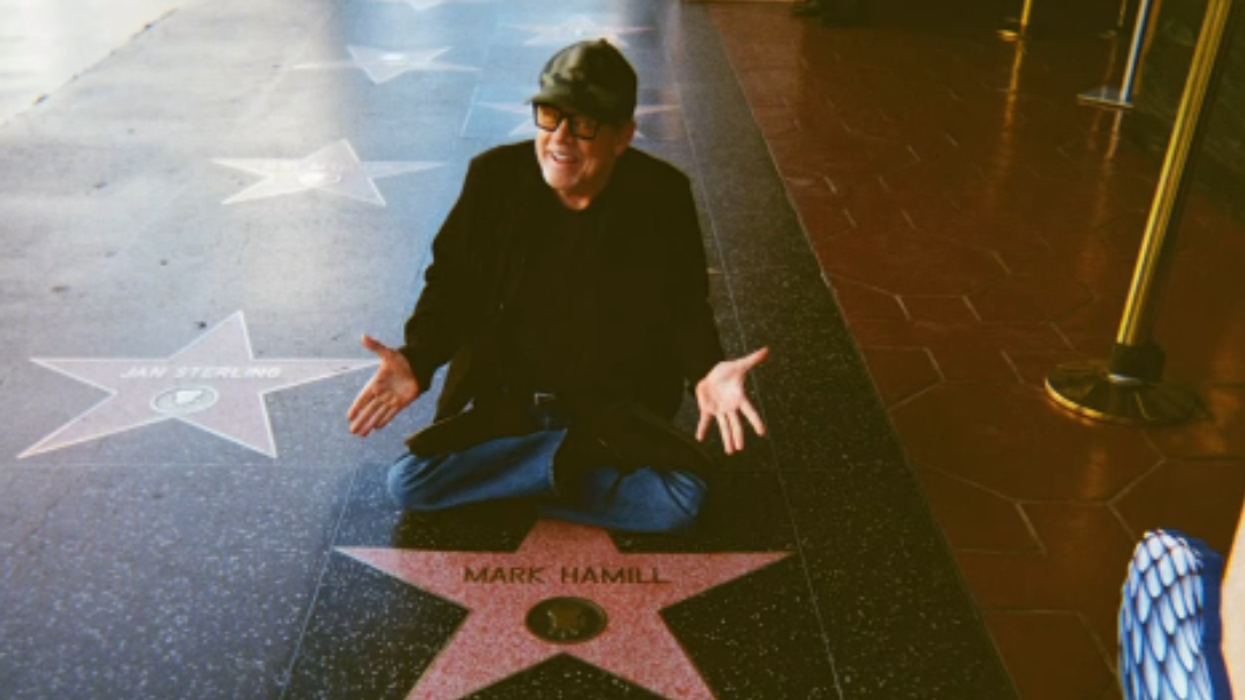
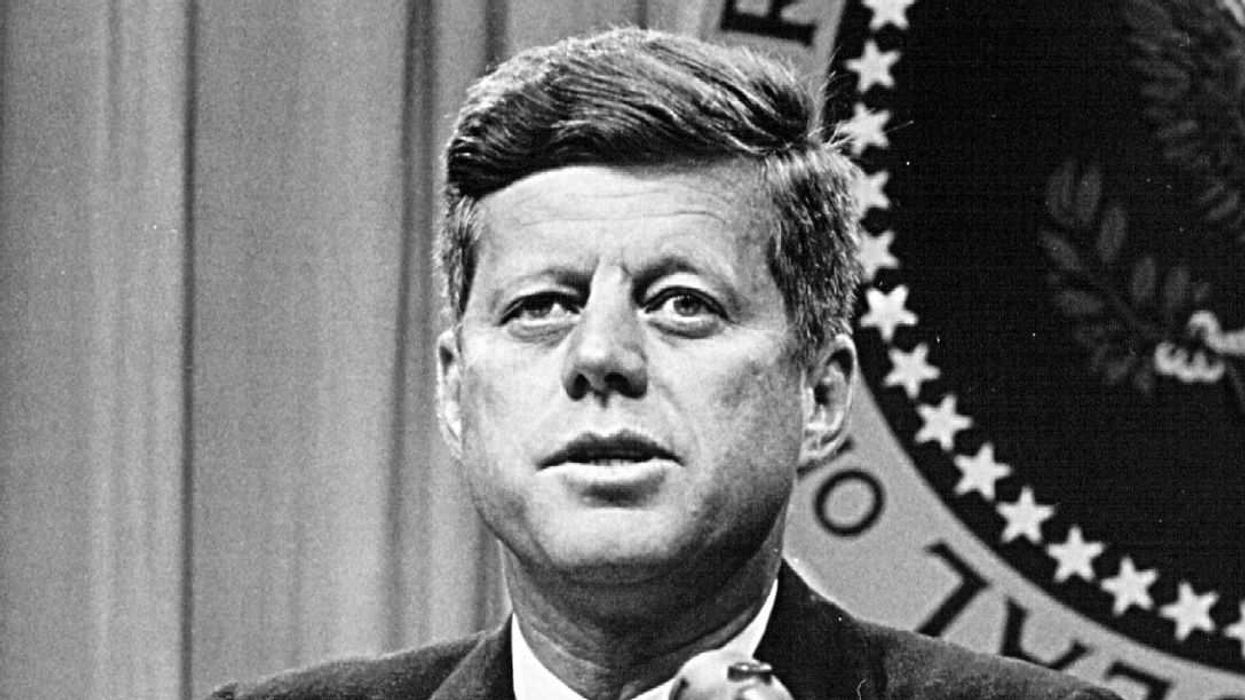
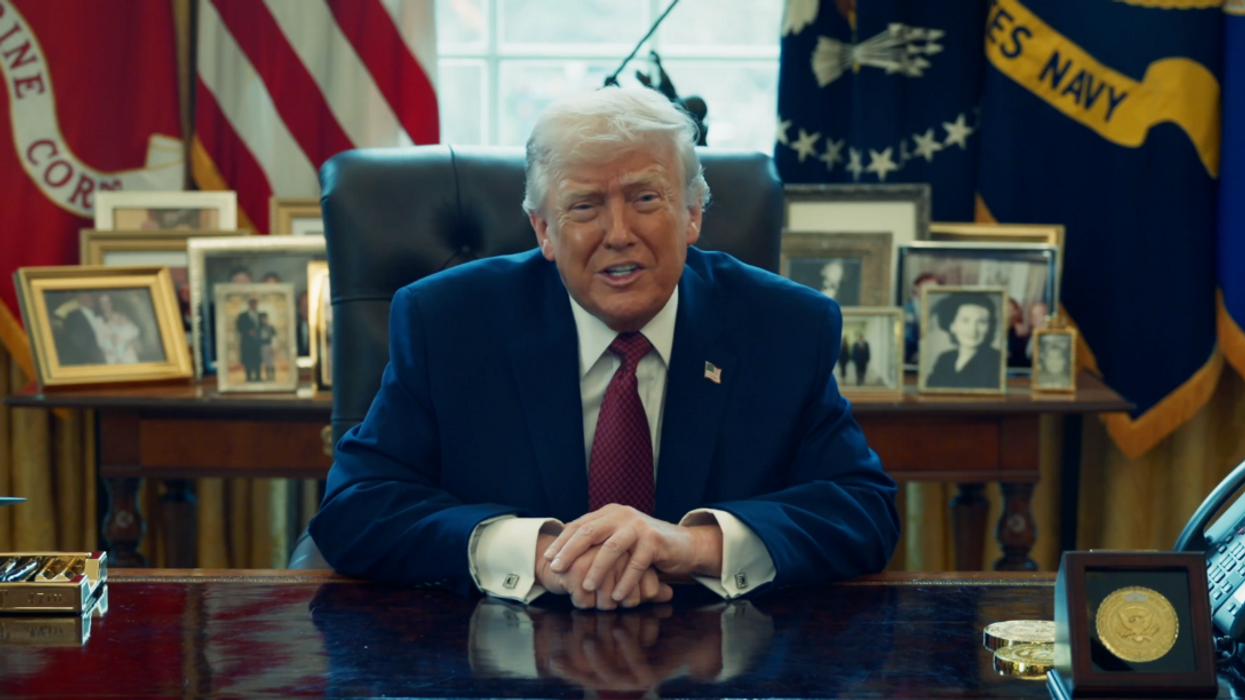
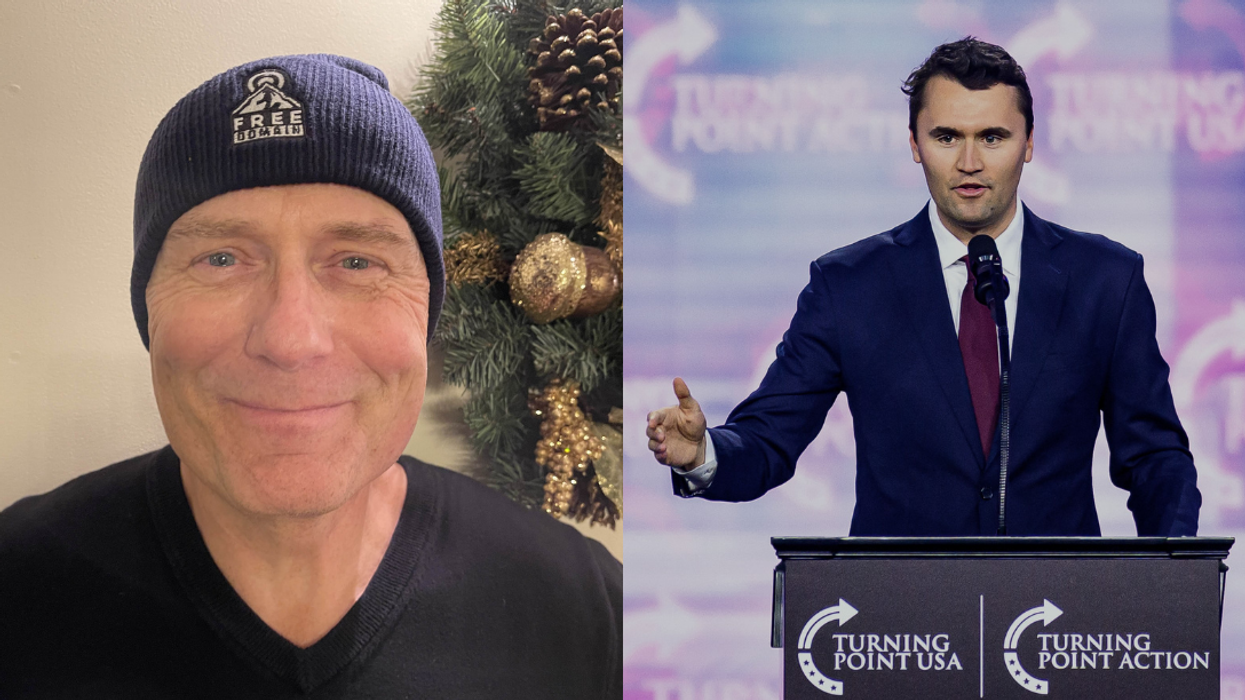
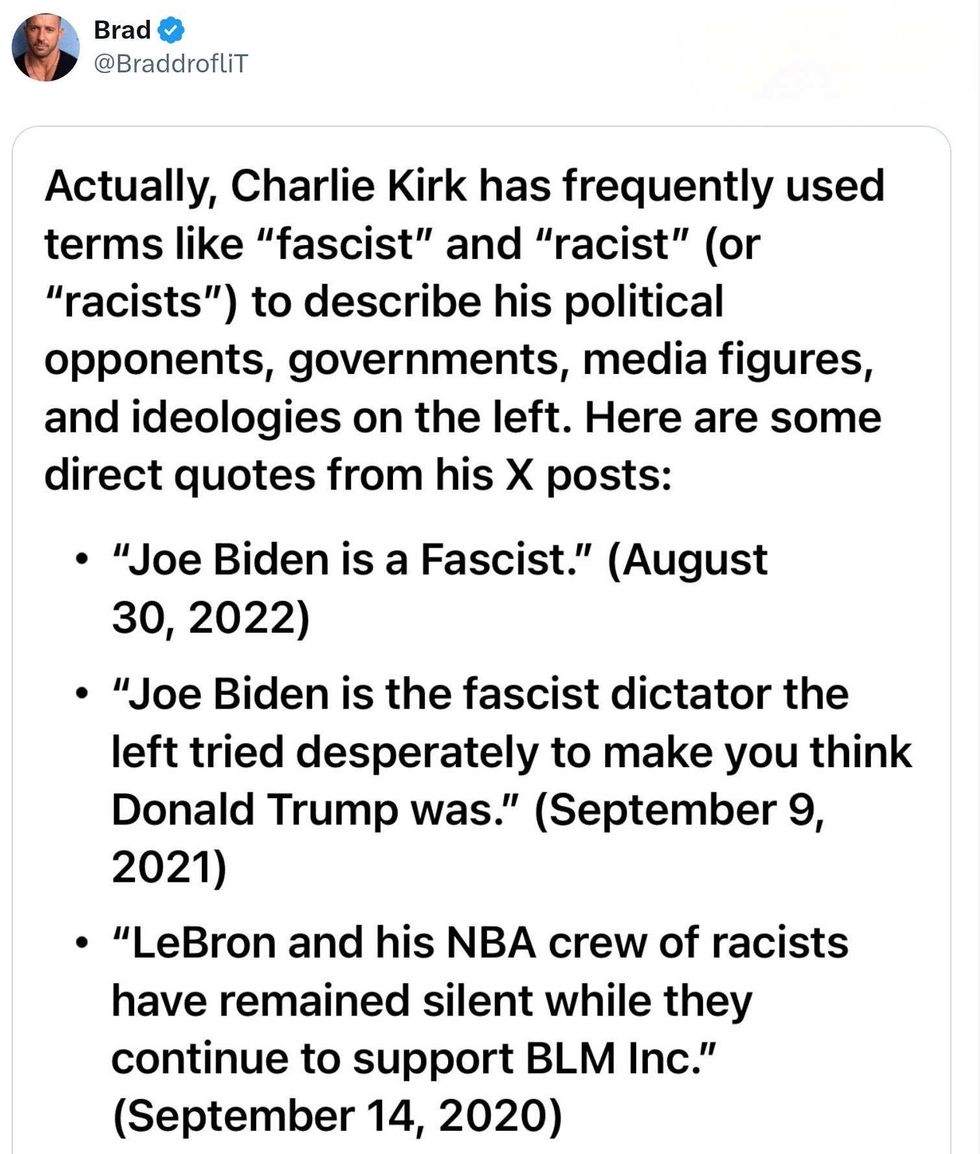
 Replying to @StefanMolyneux/X
Replying to @StefanMolyneux/X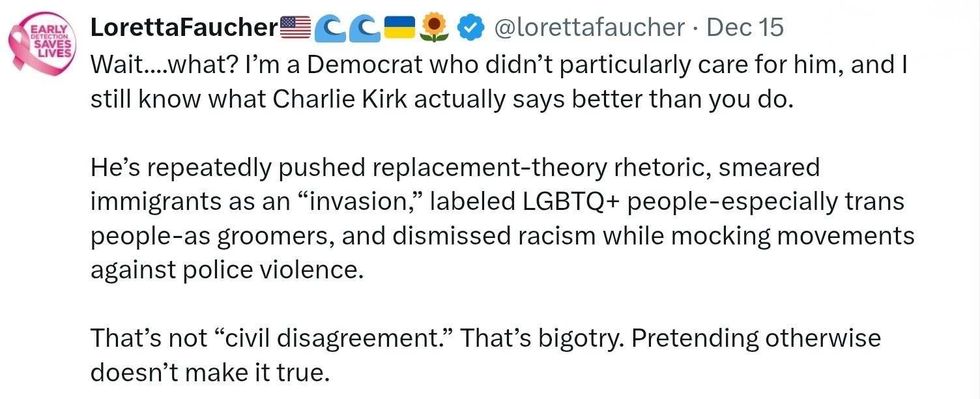 Replying to @StefanMolyneux/X
Replying to @StefanMolyneux/X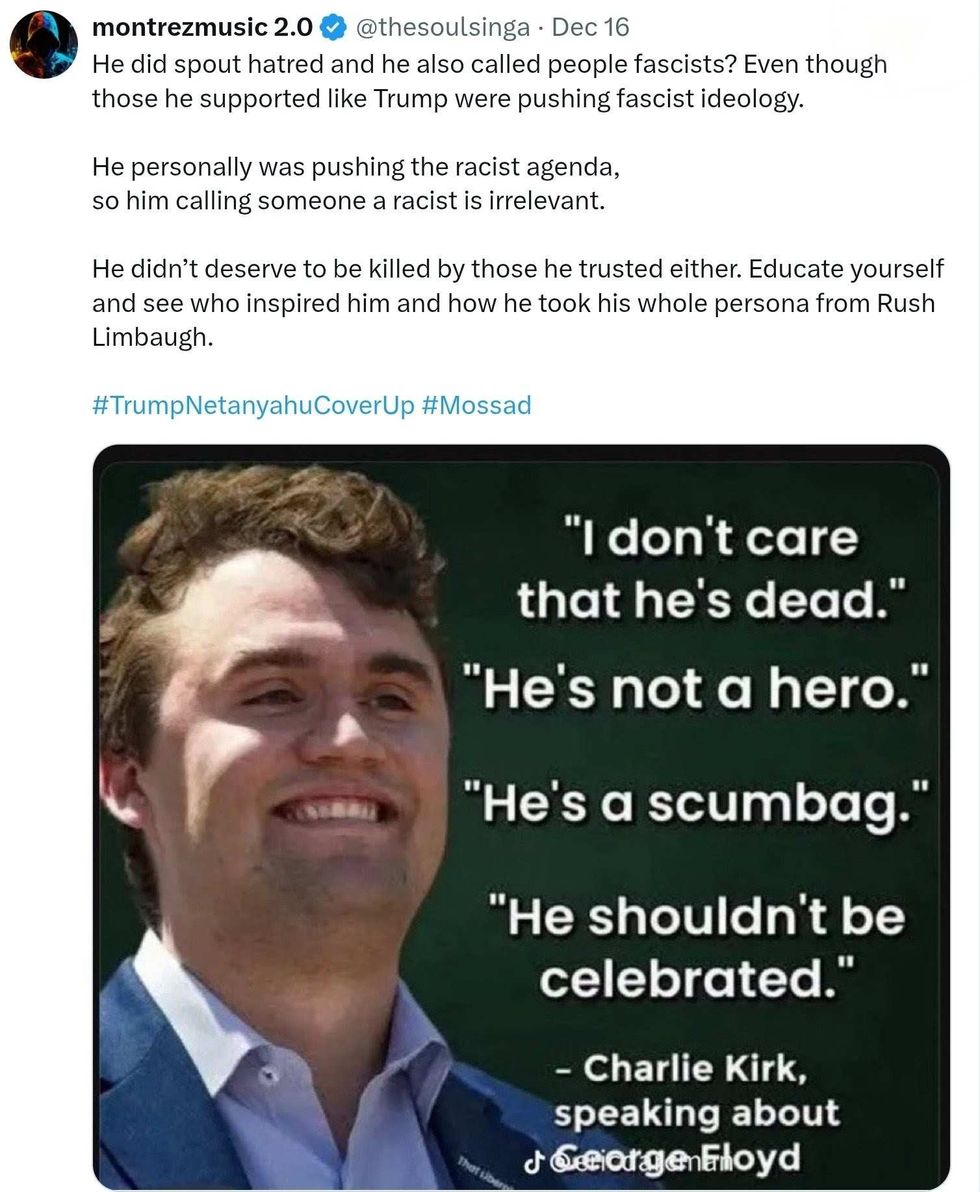 Replying to @StefanMolyneux/X
Replying to @StefanMolyneux/X Replying to @StefanMolyneux/X
Replying to @StefanMolyneux/X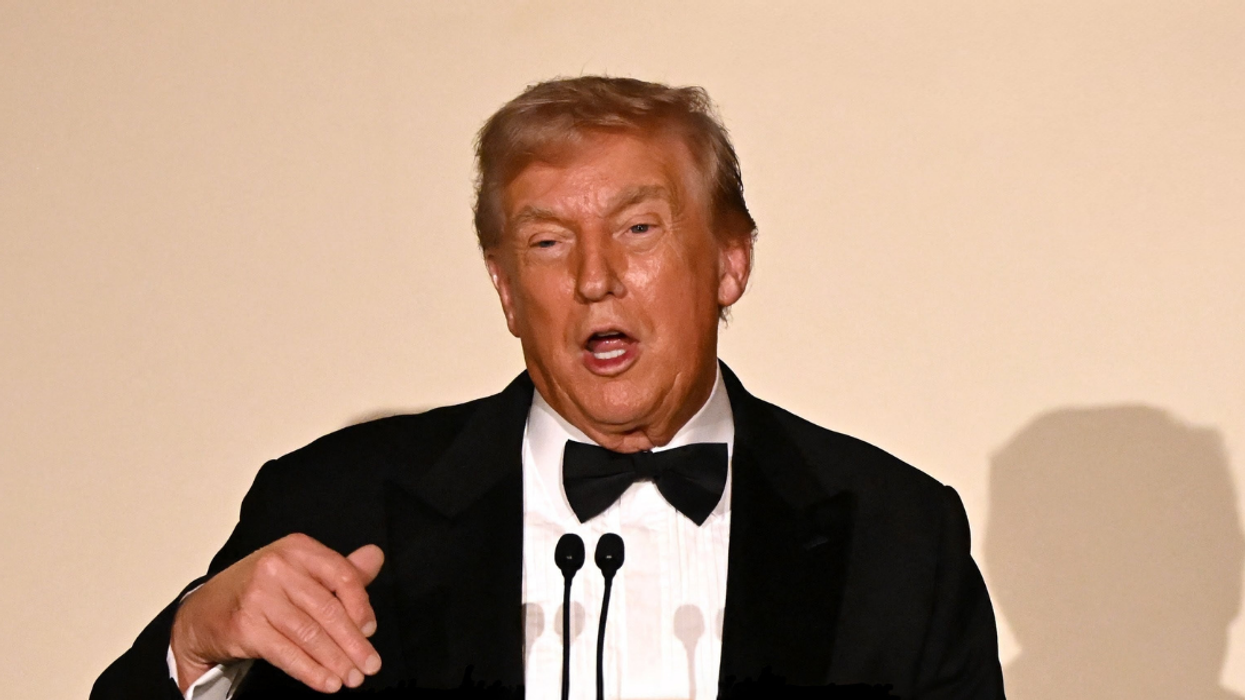
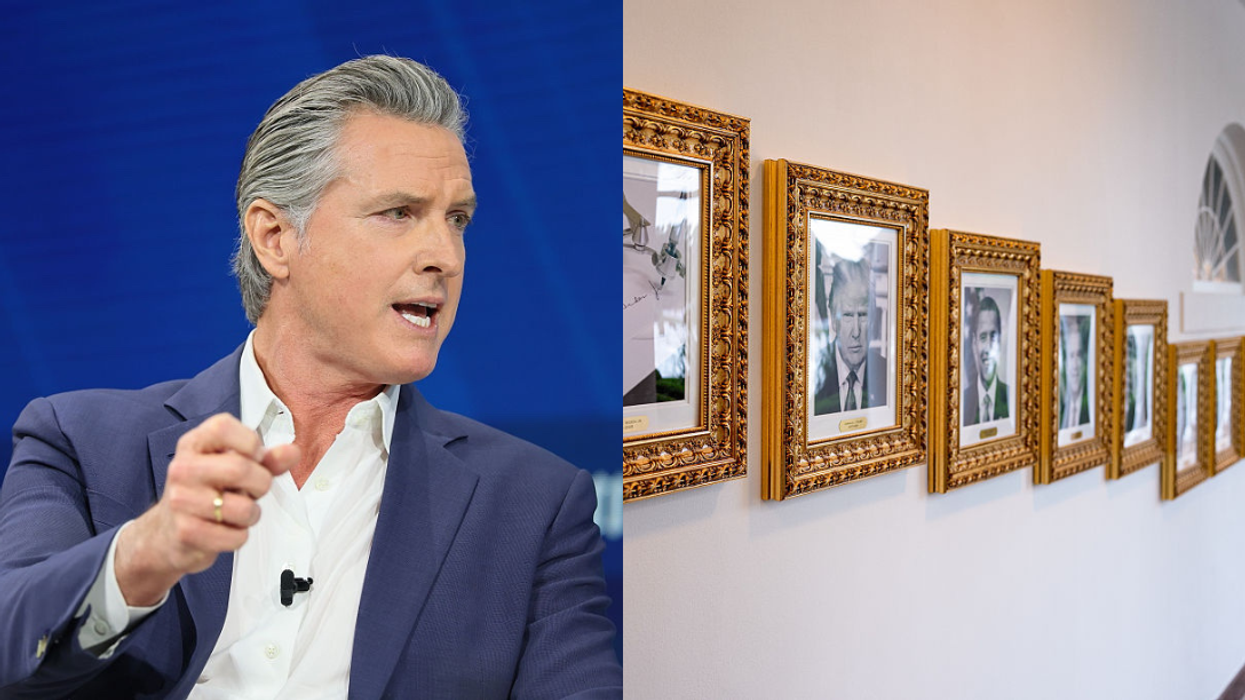

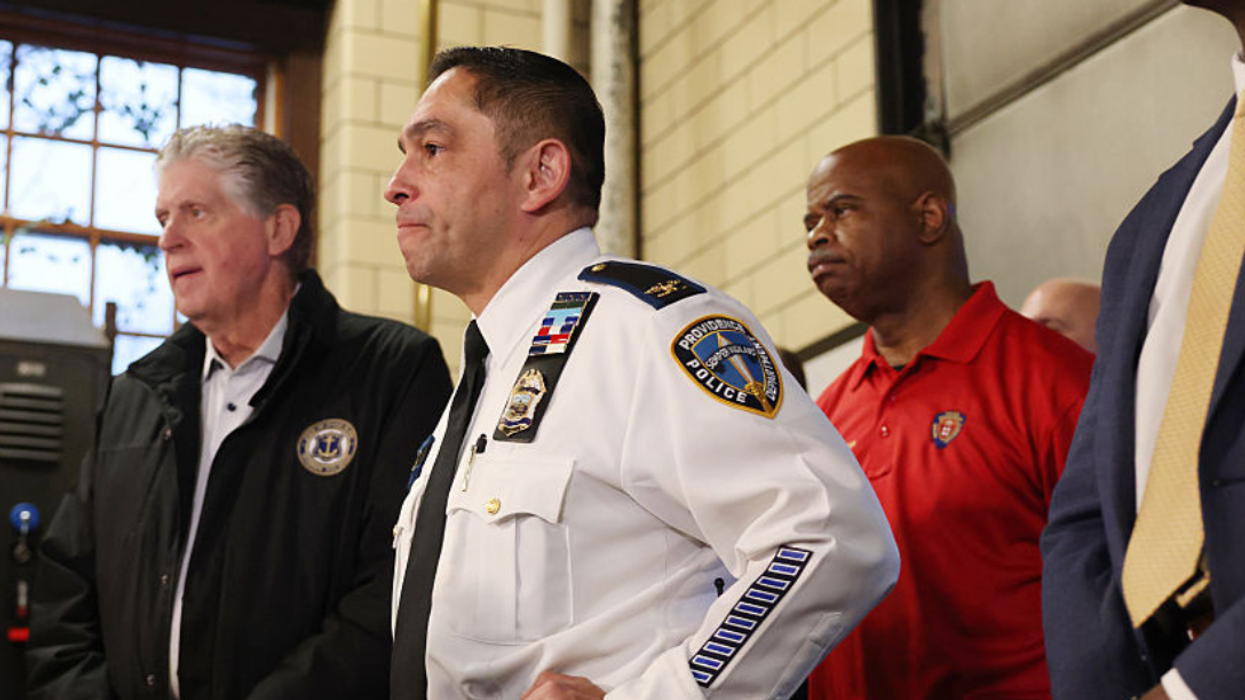

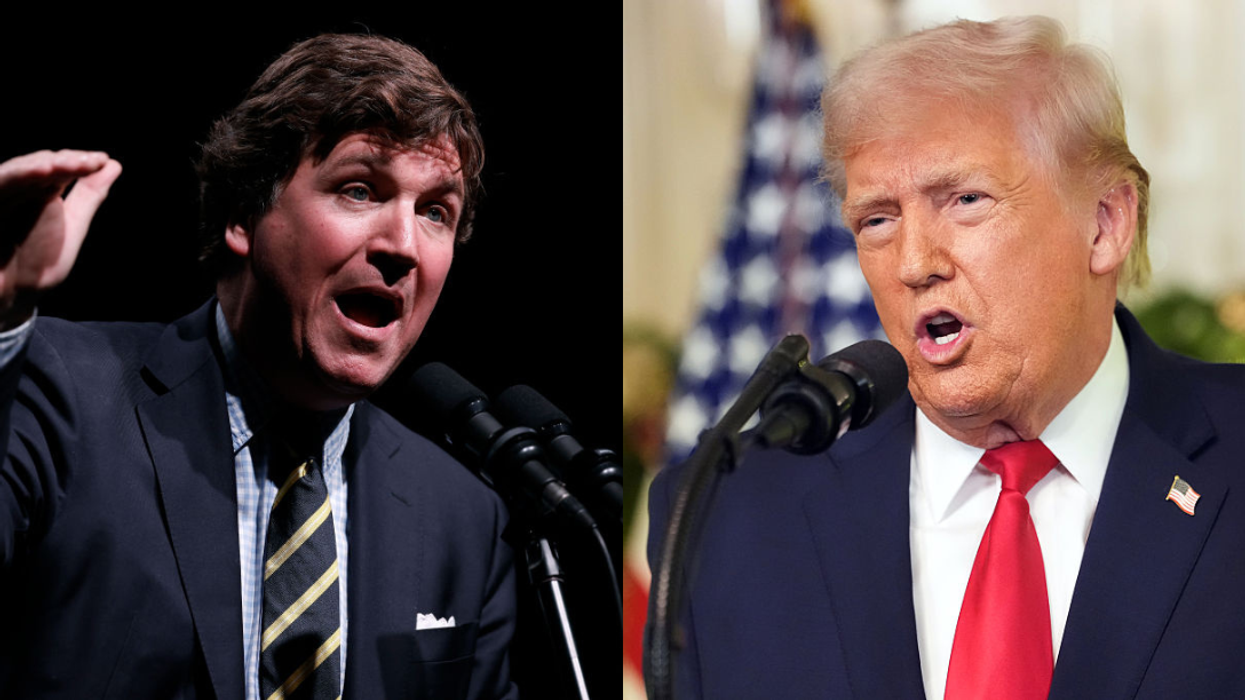
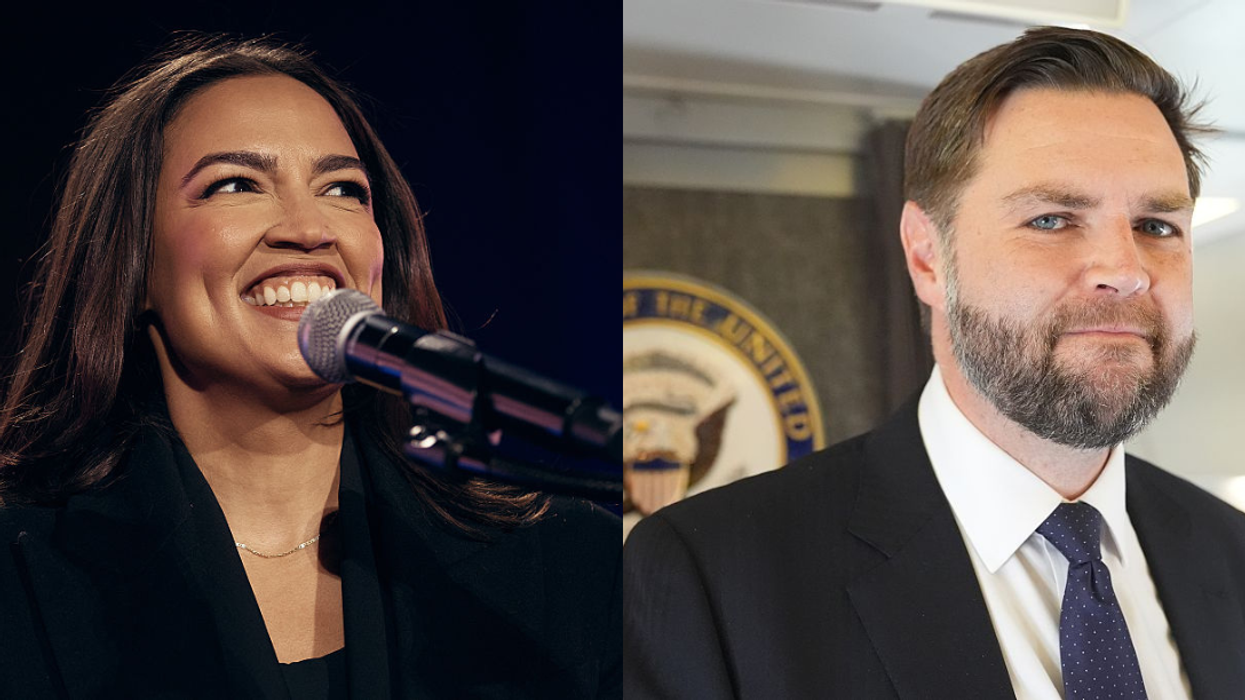


 Playing Happy Children GIF by MOODMAN
Playing Happy Children GIF by MOODMAN  May The Fourth Be With You
May The Fourth Be With You 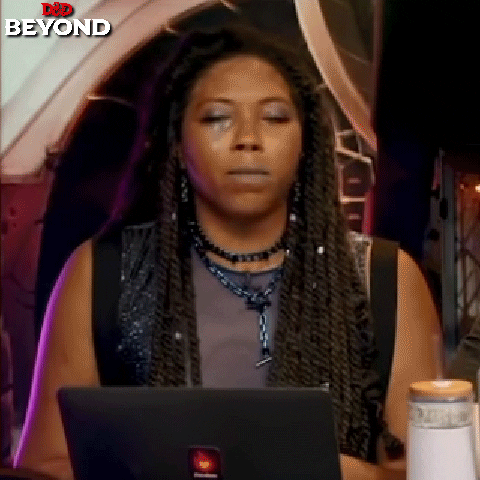
 Nhh GIF by New Harmony High School
Nhh GIF by New Harmony High School